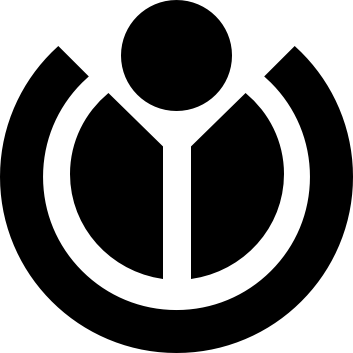
This post was written by John Byrne, Wikimedian in Residence at the Royal Society
I’m now a month and a half into my six months as Wikmedian-in-residence at the Royal Society, the United Kingdom’s National Academy of Science, though as the role is supposed to be one day a week only, that in theory amounts to less than two working weeks. In practice I’ve been much busier than that.
So far everything I’ve done has been internal to the Royal Society staff and parts of their wider scientific community, but on Tuesday March 4th we are having the first public event with an editathon celebrating (slightly in advance) International Women’s Day. We’re trying what I think is a somewhat novel structure, with the room booked between 2 and 9 pm, and places booked for the afternoon or evening, but with fewer available for the evening so that if some afternoon people want to stay on they can. If lots of people want to stay it could get interesting! Apart from the training presentations, we are fortunate that Dame Athene Donald, FRS, Professor of Experimental Physics at Cambridge will be with us for a while in the afternoon and will introduce the afternoon session with a short talk on diversity in science, and the work the Royal Society is doing in this area. She also serves on the University of Cambridge Council and is their Gender Equality Champion. Both sessions will have a short tutorial presentation on editing followed by getting stuck in. See the piece in last weekend’s Observer.
All 36 places have now gone, but people can join the waiting list (currently empty) as we may have cancellations. Of course online participants will be very welcome – see the event page on Wikipedia here. The next public event will be on Tuesday March 25th, an editathon on the broad theme of diversity in science in gender, culture and geography. That is planned to have the same structure, as adjusted by the lessons of March 4th. There are also other events the week of International Women’s Day offering basic editing training, including the Women Archaeologists editing event at the Petrie Museum and the Women’s Arts Practices editing event at Women’s Art Library, Goldsmiths, on the day itself, Saturday March 8th — see the Wikimedia UK events page.
The March 4th event is held in collaboration with the Royal Academy of Engineering, two doors down in Carlton House Terrace, who have been making a big push in the media recently about the need for more women to enter engineering. The Royal Society held very successful editathons for Ada Lovelace Day in 2012 and again in 2013, which was my first own real introduction to the Royal Society, as one of the trainer team.
In January I gave a series of customized presentations for the Royal Society staff. We had decided to offer training to the three most immediately relevant departments: the Library, Policy and Publications departments. The training took the form of a two-part presentation, with two sessions of 90 minutes each, a week or two apart. The first session was without laptops for the participants, and had a quick overview of Wikimedia and Wikipedia, followed by an “under the bonnet” section showing the different namespaces, page histories, and discussing how Wikipedia works in practice, with a look at links in from the Royal Society websites, and other issues of special relevance.
The second session was hands-on editing practice, concentrating on basic techniques using a list of articles with issues. Many thanks to User:Serendipodous (twice) and Jonathan Cardy who came in to help with the editing sessions. January was largely taken up with these sessions, and at the moment we are not planning further ones, though I would like to offer a version to other Royal Society stakeholders/audiences in the future.
Apart from that I had a series of meetings with several departments, planning what else we might accomplish in the 6 month period. I had already come in for a planning meeting in November, so we had the bones of an events plan already, including slots at various sorts of RS events already in the calendar. I can’t announce many of the things we are hoping to do just yet, but I’m very positive about the project. One of the fascinating things about the RS is the very wide range of audiences or stakeholders they have, everybody from school students to Fellows of the RS and government. I’m especially keen to engage with their early and mid-career researcher audiences, and February and March events include three with the Royal Society Research Fellows, early-career researchers who receive grants from the Royal Society.






